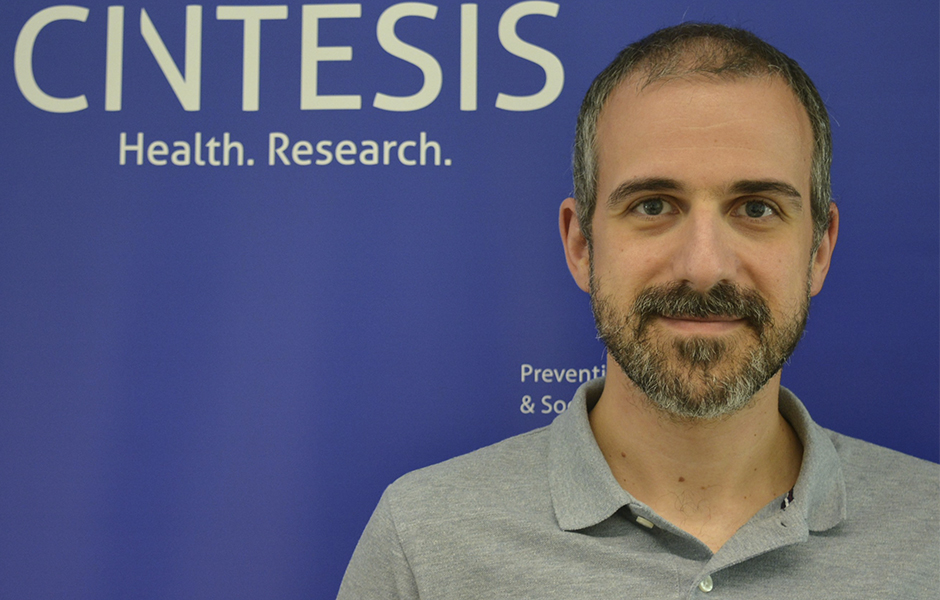Pedro Pereira Rodrigues, CINTESIS researcher and professor at the Faculty of Medicine of the University of Porto (FMUP), was one of the experts who contributed to the preparation of the report “Digital technologies for key public health functions: Results of an ECDC expert consultation“.
Published this November, the report of the European Centre for Disease Prevention and Control – ECDC is the culmination of several workshops developed to discuss the use of digital technologies for Public Health purposes.
The invitation to researcher Pedro Pereira Rodrigues came from Helena de Carvalho Gomes, from the ECDC, coordinator of the workshops held and the person in charge of the report.
The goal of this document was to gather input from scientists and literature on digital technologies and their potential use in key areas of Public Health, with a focus on surveillance, prevention and control of infectious diseases.
“Digital technologies are of paramount importance for the rapid assessment of serious Public Health situations by enabling the recording of – and access to – data on events, outbreaks, and transmission of infectious diseases in a more rapid and interpretable manner, provided they are properly integrated and interoperable,” he explains.
At a time when the digital transformation of health care and services was already on the political agenda, the COVID-19 pandemic gave greater visibility to the Digital Public Health area and created new opportunities in the definition of investments.
According to Pedro Pereira Rodrigues, “Public Health is the frontline of the informational fight against the pandemic worldwide, by seeking to identify and trace contacts and transmission lines. However, it became clear that, even at the European level, the deficiencies of the information systems (when they existed) did not scale to the necessary dimension of a pandemic, being oriented to local outbreaks and very little to global assessments of the situation”.
Thus, in his view, “Digital Public Health will necessarily have to become more robust and accountable, but in any case, it should be one of the focuses of investment and technological development so that it is not overtaken by reality again”.
Participants highlighted some key points, namely the need to foster digital skills, to promote multidisciplinary partnerships for holistic and integrated solutions, and to ensure communication and involvement of partners (professionals, patients, communities, and the public).
Other points involve the standardization and interoperability of systems, the definition of a transparent and secure strategy on data use, monitoring and evaluation of existing interventions.
“In Portugal, in particular, I believe that the concept of mandatory reporting disease (currently in force for infectious diseases), which must therefore be reported in the central system, should be slightly changed to a disease of public monitoring in real-time,” he proposes.
As the researcher underlines, “this is the only way we can force the old systems to adapt (and the new ones to prepare) for the integration and interoperability needed to react to a new possible pandemic.

